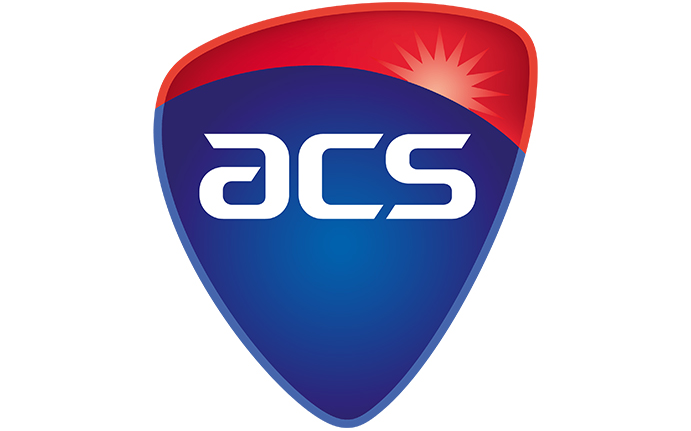Each degree is thoughtfully designed for online learning, ensuring your experience is fulfilling and supported. At Swinburne Online, we want to ensure that your journey with us is a success. Our team of academic and online experts have developed engaging, media-rich course materials using cutting-edge digital technology and advanced teaching resources.






